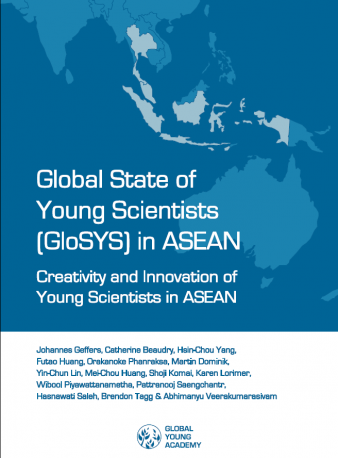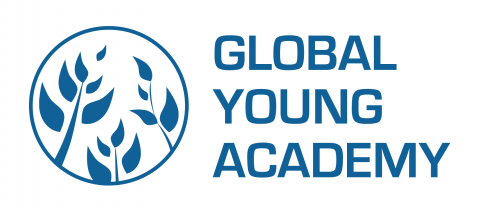This regional study explored working conditions and obstacles faced by scientists and scholars across all disciplines early in their careers in the context of four countries in Southeast Asia: Indonesia, Thailand, Malaysia, and Singapore.
The aim of the GloSYS project is to evaluate the working conditions and obstacles faced by scientists and scholars across all disciplines early in their careers; this regional study explored these issues in the context of four countries in Southeast Asia: Indonesia, Thailand, Malaysia, and Singapore. The study integrated three different kinds of data: pre-existing data on key indicators related to each country’s young scientist population, responses to a survey created by the GYA, and data obtained through semi-structured interviews. All-in-all, 444 young scientists completed the survey, and eighteen participated in the interviews. Johannes Geffers, our GloSYS researcher until December 2016, as well as GYA Co-Chairs Orakkanoke Phanraksa and Mari-Vaughn Johnson, presented the report, highlighting findings and key policy recommendations aimed at supporting young scientists in the region.
In the GloSYS ASEAN sample, around 70% of respondents were satisfied or very satisfied with their overall working conditions. Young scientists were especially satisfied with their flexible work hours, being confronted with challenging tasks as a part of their careers, and the social status associated with their profession. They were least satisfied with regards to infrastructure (rooms and equipment) and income. The obstacles most commonly reported by the young scientists who participated in the GloSYS ASEAN study were a lack both of funding opportunities and support in identifying and applying for funding, a lack of resources and personnel, and a lack of training and mentoring.
Among the key recommendations made in the report are to ensure that young scientists have the time to conduct research by reducing unnecessary administrative duties and providing properly-trained support staff, to amend bonded PhD programmes to allow young researchers to continue their stay abroad post-PhD if they are offered a postdoc position, and to support future research on the state of young scientists in the region by improving statistical information available about this group and supporting longitudinal research that aims to understand the unique challenges young scientists face.
Please visit the web page: https://globalyoungacademy.net/

